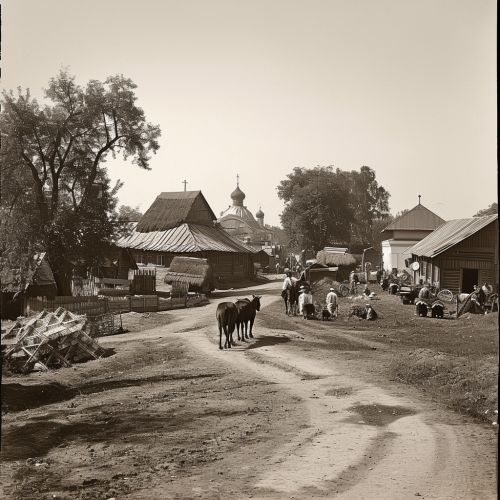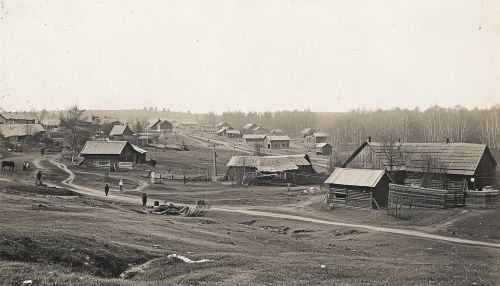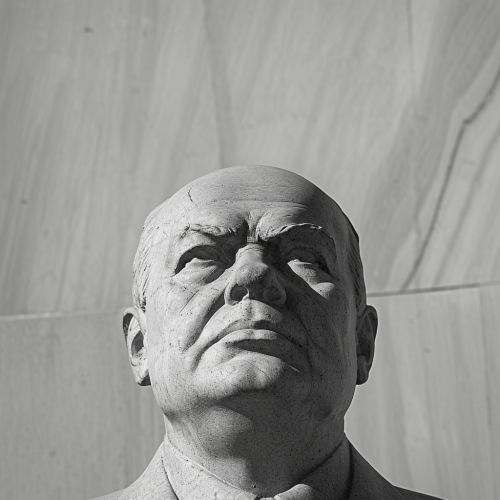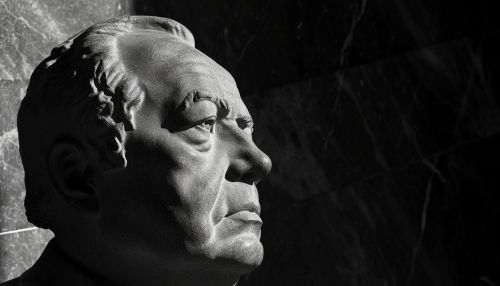Nikita Khrushchev
Early Life
Nikita Sergeyevich Khrushchev was born on April 15, 1894, in the village of Kalinovka, which is situated close to Russia's border with Ukraine. He was the son of a miner, and his family lived in poverty. Despite the hardships, Khrushchev was noted for his quick wit and jovial nature from an early age.


Political Career
Khrushchev began his political career as a political commissar during the Russian Civil War. In 1929, he moved to Moscow to attend the Industrial Academy. While studying, he became close to Lazar Kaganovich, a member of Joseph Stalin's inner circle. This connection helped Khrushchev rise through the ranks of the Communist Party.
Leadership
Khrushchev's leadership of the Soviet Union, which lasted from 1953 to 1964, was marked by significant reforms in agriculture and industry. He is perhaps best known for his policy of de-Stalinization, which sought to dismantle the legacy of Stalin and move the country towards a more open and less repressive society.
Foreign Policy
Khrushchev's foreign policy was marked by a series of crises, including the Suez Crisis in 1956, the Cuban Missile Crisis in 1962, and the U-2 Spy Plane Incident in 1960. Despite these crises, Khrushchev also sought to improve relations with the West through a policy of peaceful coexistence.
Downfall and Death
Khrushchev's downfall came in 1964 when he was ousted from power by his colleagues in the Communist Party. He lived out the rest of his life in relative obscurity, dying of heart disease in 1971.
Legacy
Khrushchev's legacy is a complex one. While he is credited with beginning the process of de-Stalinization and implementing significant reforms, his leadership was also marked by a series of foreign policy crises and economic difficulties.


